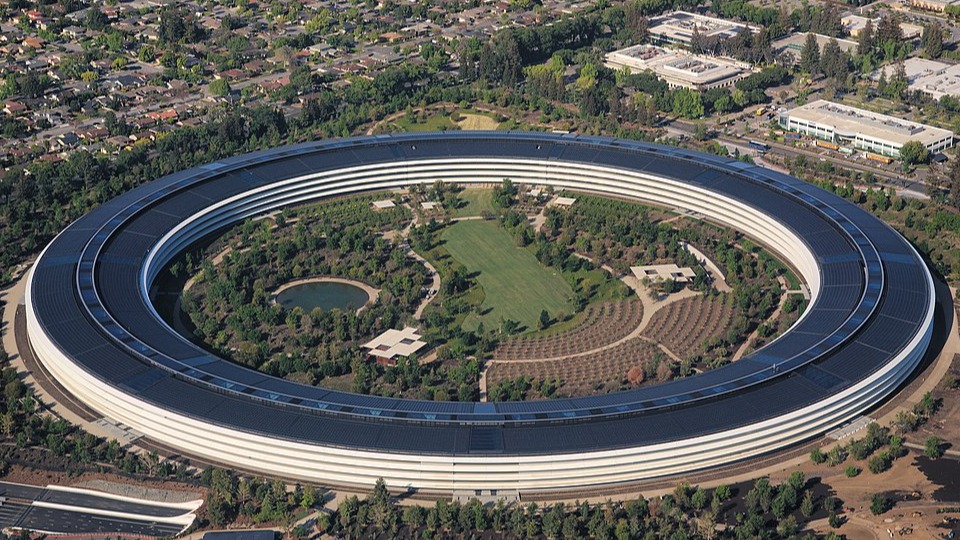South Korea announced on Tuesday it will increase its support package for the country's vital semiconductor industry to 33 trillion won ($23.25 billion), up about 25 per cent from the 26 trillion won package unveiled last year.
The measures come in response to growing policy uncertainty under the current US administration and rising competition from Chinese rivals, the government said in a statement.
"The US government has postponed its plans for reciprocal tariffs for 90 days. There's anticipation that product-specific tariffs will be announced for sectors such as semiconductors or pharmaceuticals," South Korean finance minister Choi Sang-mok said in a policy meeting on Tuesday. "This is a valuable time to strengthen the competitiveness of our companies in the face of a global trade war."
The announcement follows US President Donald Trump's statement on Sunday that he would be announcing tariff rates on imported semiconductors within the next week, though suggesting there would be flexibility for some companies in the sector.
Seoul will ramp up financial assistance for the chips industry to 20 trillion won, versus the previous 17 trillion won, according to the joint statement from various ministries including the trade ministry.
The package includes significant backing for infrastructure development in key semiconductor clusters in Yongin and Pyeongtaek, with the government planning to cover 70 per cent of corporate expenses related to undergrounding transmission lines in these areas.
For large-scale clusters with investments exceeding 100 trillion won, the ceiling for national budget support will increase from 50 billion won to 100 billion won.
South Korea is home to the world's top memory chip makers, Samsung Electronics and SK Hynix, though they have fallen behind some rivals in areas such as chip design and contract chip manufacturing.
In 2024, South Korea's semiconductor exports stood at $141.9 billion, accounting for 21 per cent of the country's total exports. Shipments to China and the United States stood at $46.6 billion and $10.7 billion, respectively.
Choi said the government would consult actively with the US over its Section 232 investigations into semiconductor and biopharmaceutical imports to minimise any adverse impact on domestic companies.
Last week, South Korea announced emergency support measures for its auto sector, including financial support and tax cuts, seeking to reduce the blow of US tariffs on a sector that has seen years of sharply rising exports to the United States.
Latest News
-
Anthropic refuses Pentagon demand to strip AI safeguards from Claude
-
Skyscanner rolls out app on ChatGPT
-
AI disruption risk varies between platform and service-based firms, says new report
-
UK government to bolster public sector with cyber talent investment
-
Citi creates AI infrastructure banking team
-
ICO fines Reddit £14m over children's privacy failures
The future-ready CFO: Driving strategic growth and innovation
This National Technology News webinar sponsored by Sage will explore how CFOs can leverage their unique blend of financial acumen, technological savvy, and strategic mindset to foster cross-functional collaboration and shape overall company direction. Attendees will gain insights into breaking down operational silos, aligning goals across departments like IT, operations, HR, and marketing, and utilising technology to enable real-time data sharing and visibility.
The corporate roadmap to payment excellence: Keeping pace with emerging trends to maximise growth opportunities
In today's rapidly evolving finance and accounting landscape, one of the biggest challenges organisations face is attracting and retaining top talent. As automation and AI revolutionise the profession, finance teams require new skillsets centred on analysis, collaboration, and strategic thinking to drive sustainable competitive advantage.
© 2019 Perspective Publishing Privacy & Cookies











Recent Stories